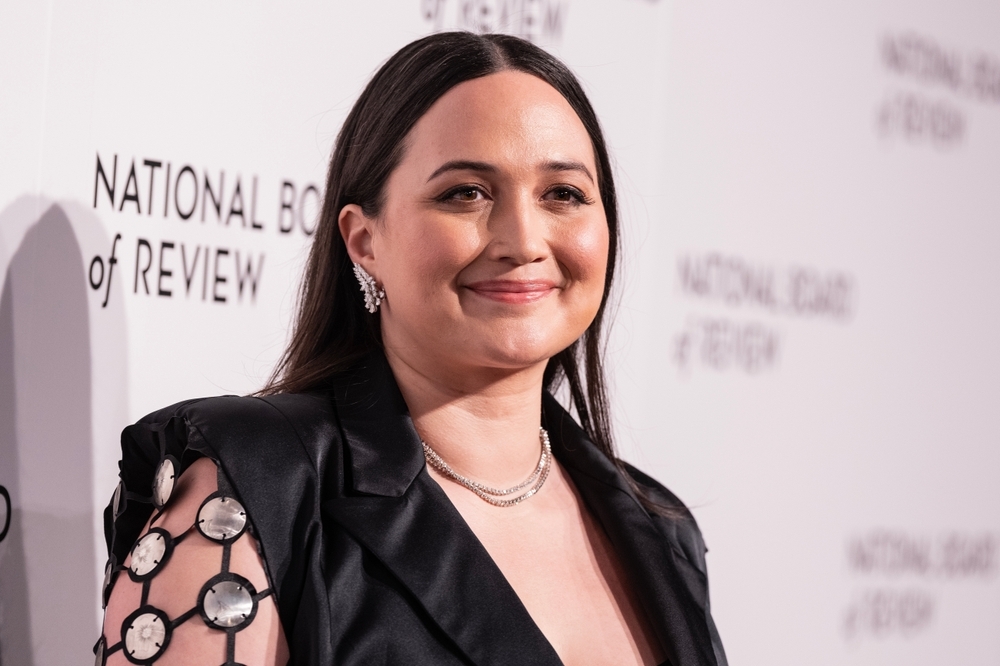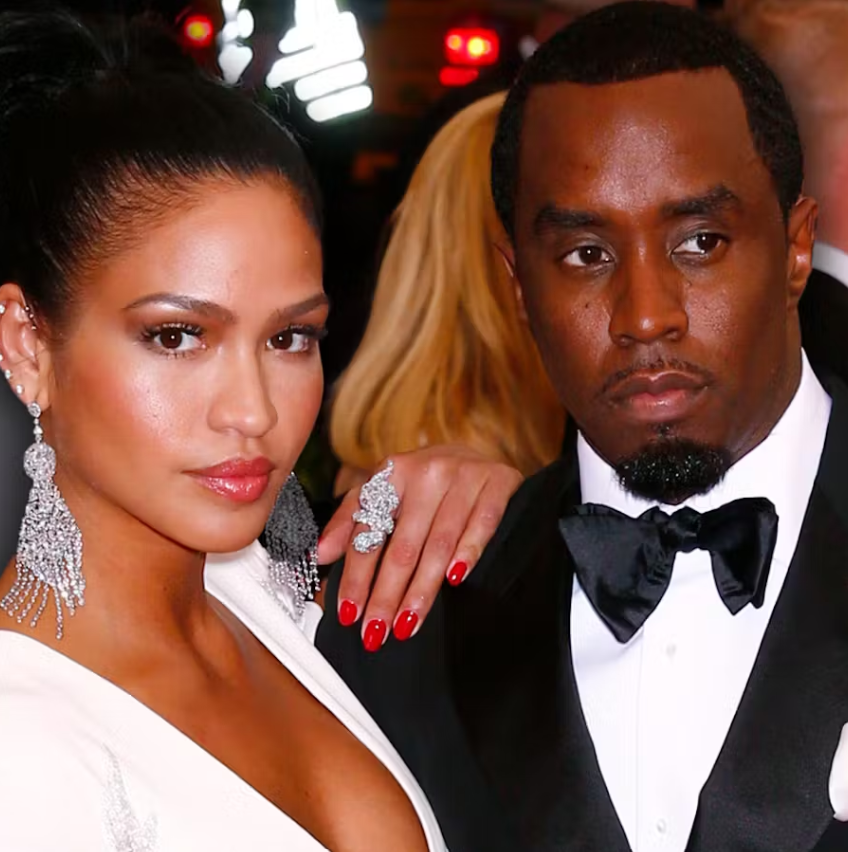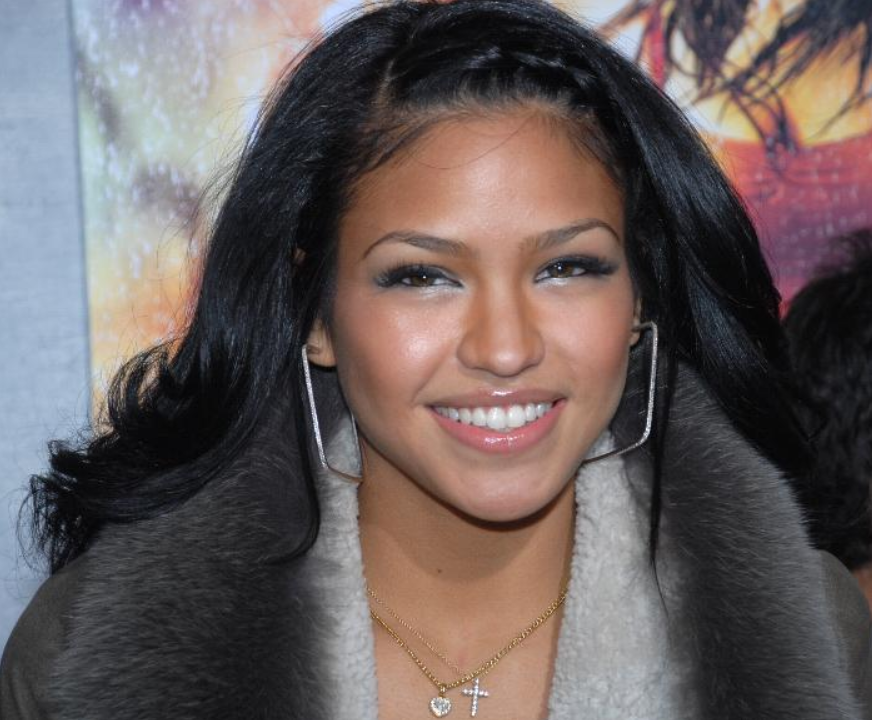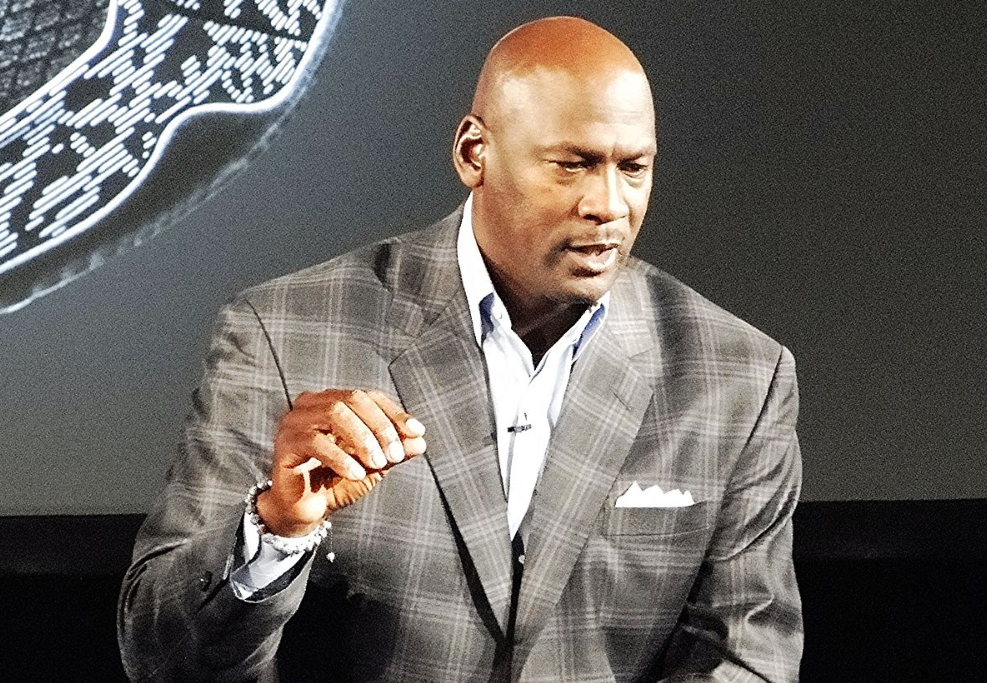In a recent twist of events that combines Hollywood with the NFL, actress and activist Lily Gladstone has taken a stand against the mascots of not one, but two football teams. Speaking at a Santa Barbara International Film Festival panel, Gladstone criticized the Kansas City Chiefs and the San Francisco 49ers for their team names and fan traditions, which she finds offensive.

Gladstone’s beef with the Chiefs centers around the infamous tomahawk chop—a fan gesture that’s become synonymous with the team. She argues that this chant, a holdover from old Western movies, serves as a painful reminder of the misrepresentation and commodification of Native Americans in Hollywood, rather than the “honor” some claim it to be.
But it’s not just the Chiefs in Gladstone’s crosshairs. She also pointed out that the 49ers, named after the gold-seekers of 1849, evoke a dark period for California’s indigenous peoples, marking a brutally oppressive era. This connection, she suggests, makes the 49ers’ mascot problematic too.
This isn’t the first time NFL team names have sparked controversy. Just last year, protests erupted over the Chiefs’ name before their Super Bowl victory. Meanwhile, other sports teams, like MLB’s Cleveland Guardians and the NFL’s Washington Commanders, have opted for name changes in response to similar criticisms.
Gladstone’s remarks highlight a broader conversation about cultural sensitivity and the impact of sports team names and mascots on indigenous communities. It’s a dialogue that’s gaining momentum, challenging fans and franchises alike to reconsider the symbols and rituals we celebrate. Whether these latest critiques will lead to change within the NFL remains to be seen, but one thing’s for sure: the conversation is far from over.




